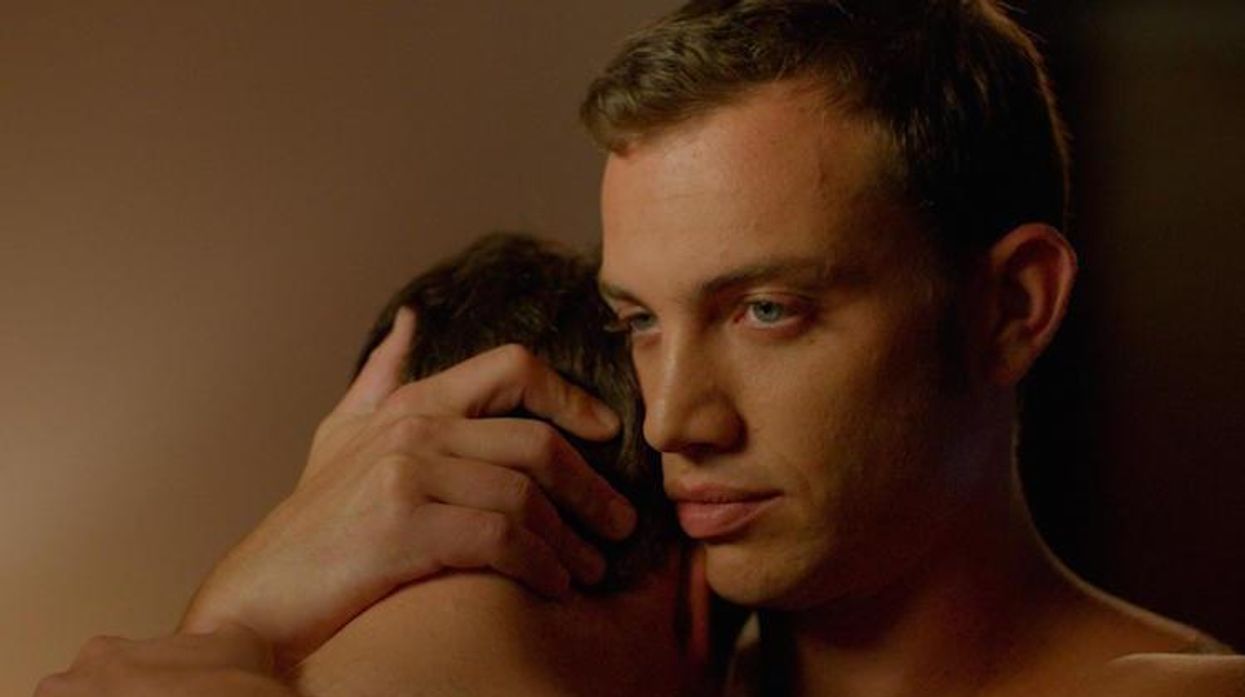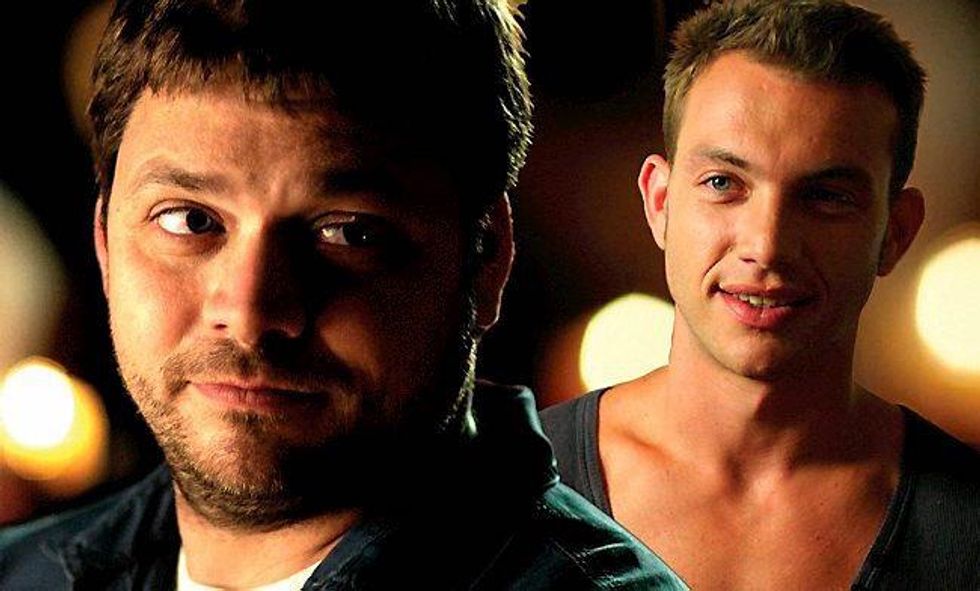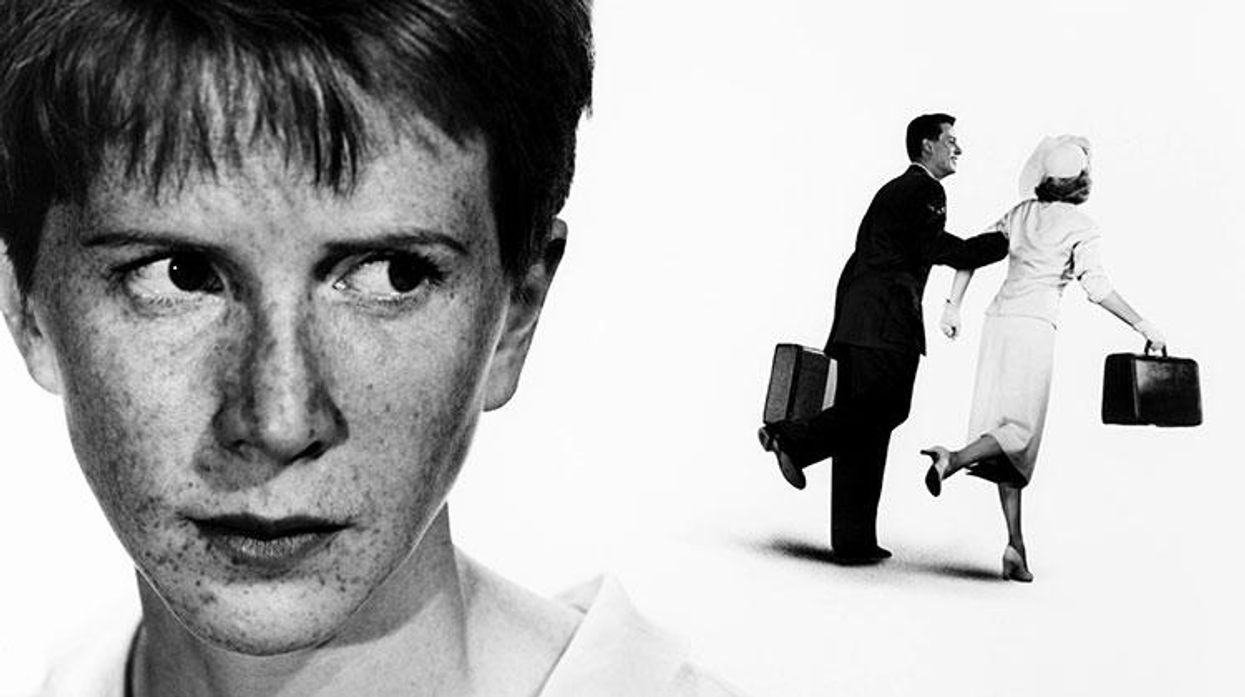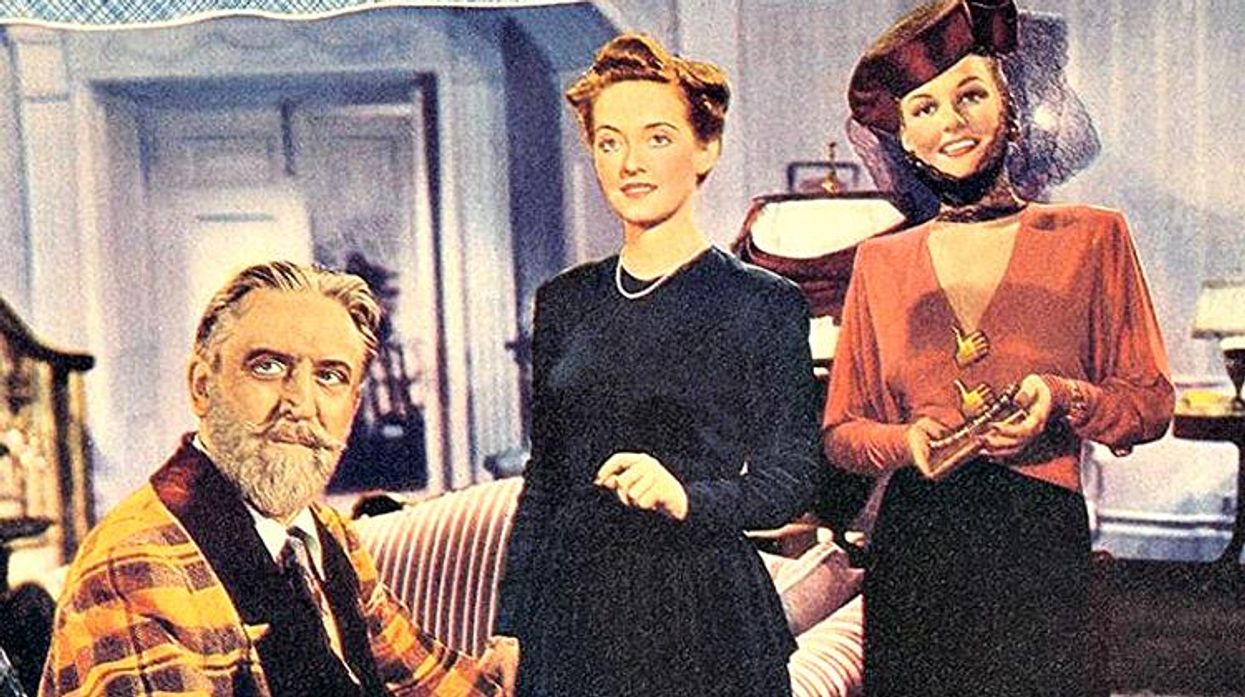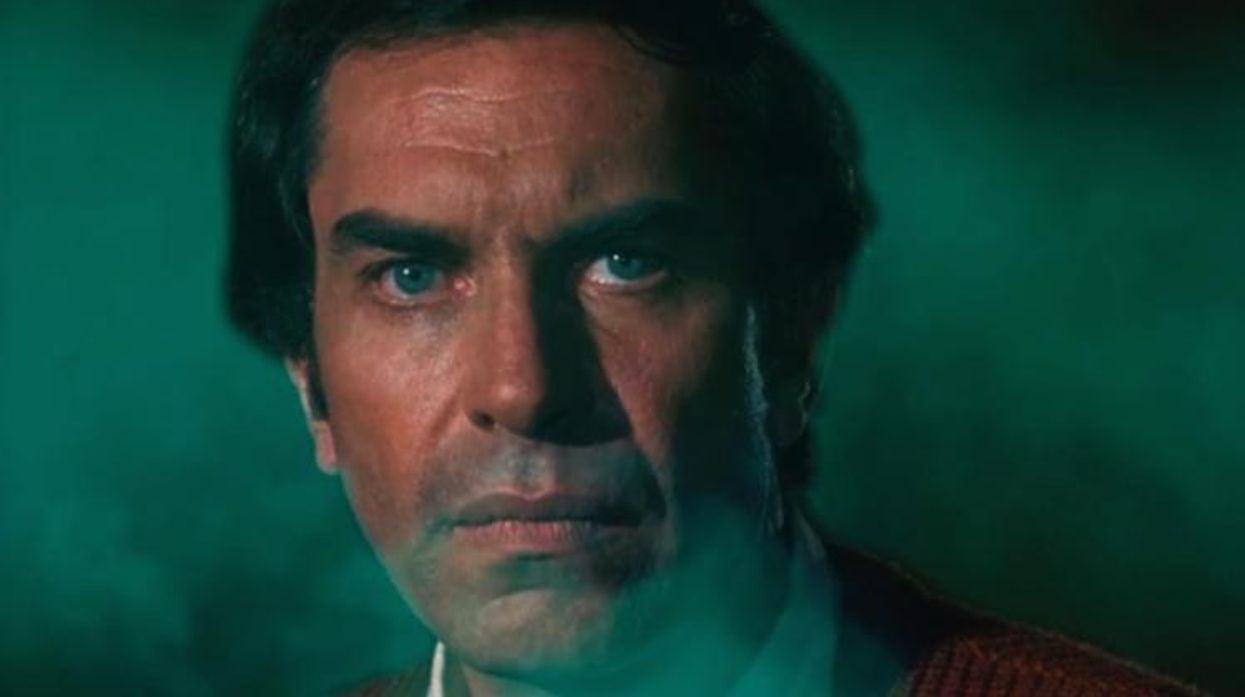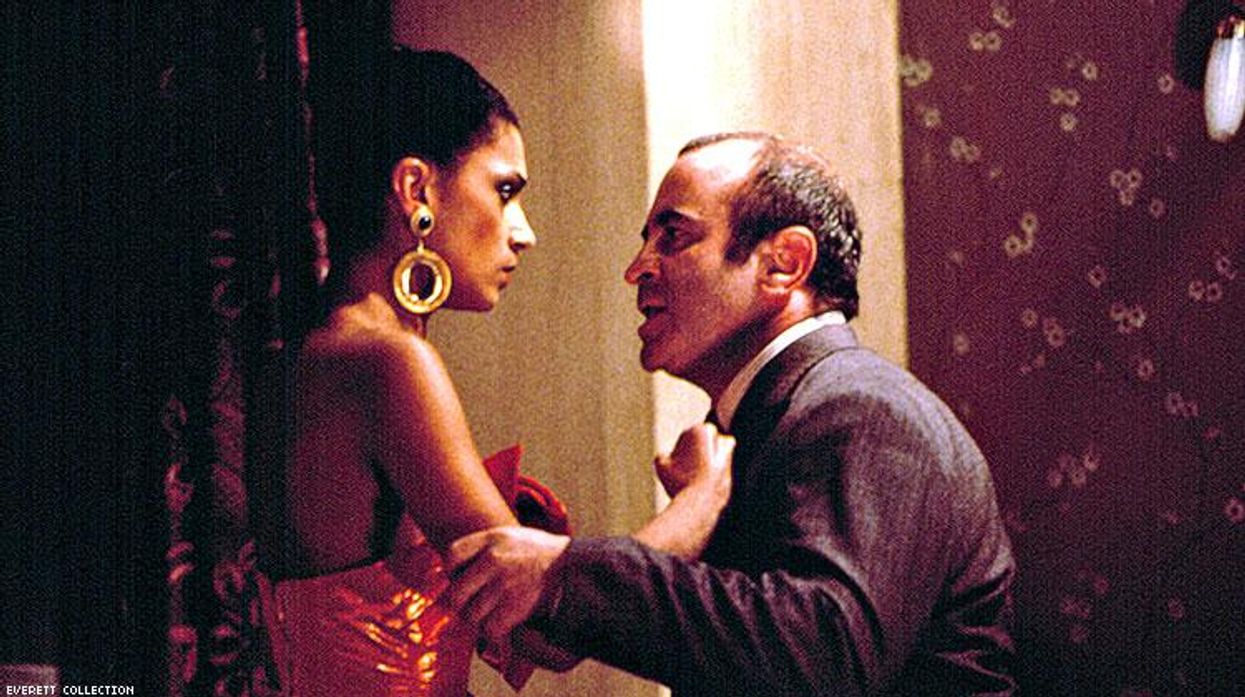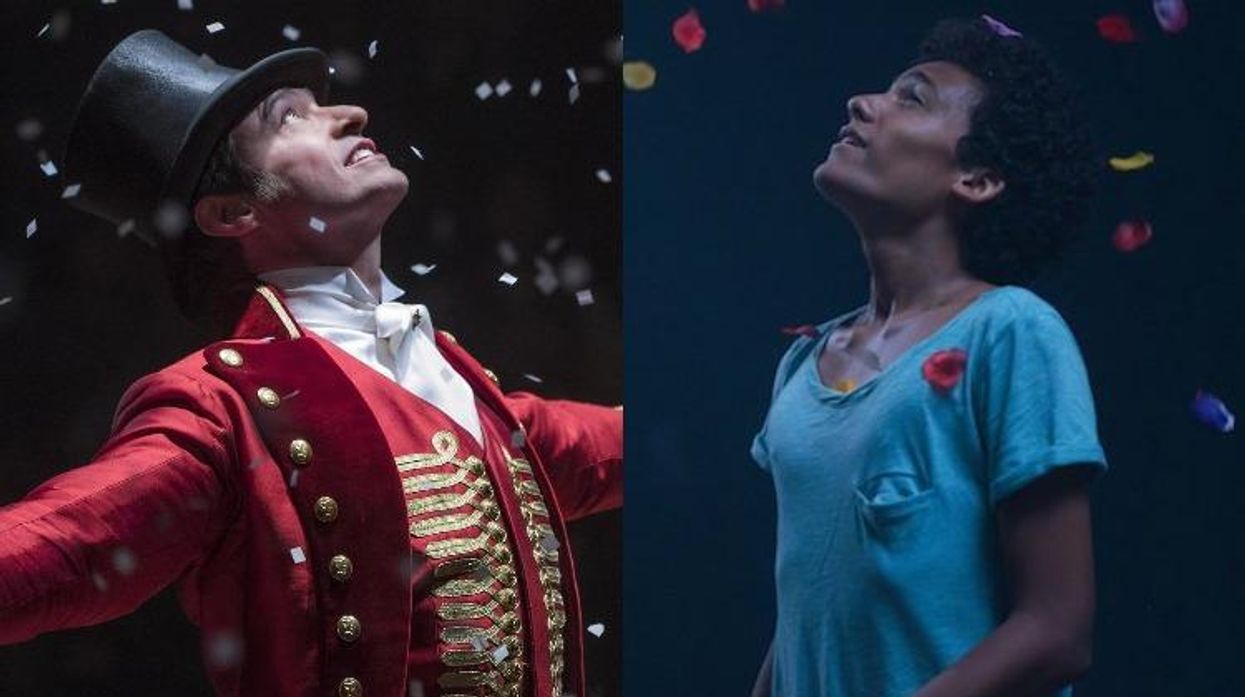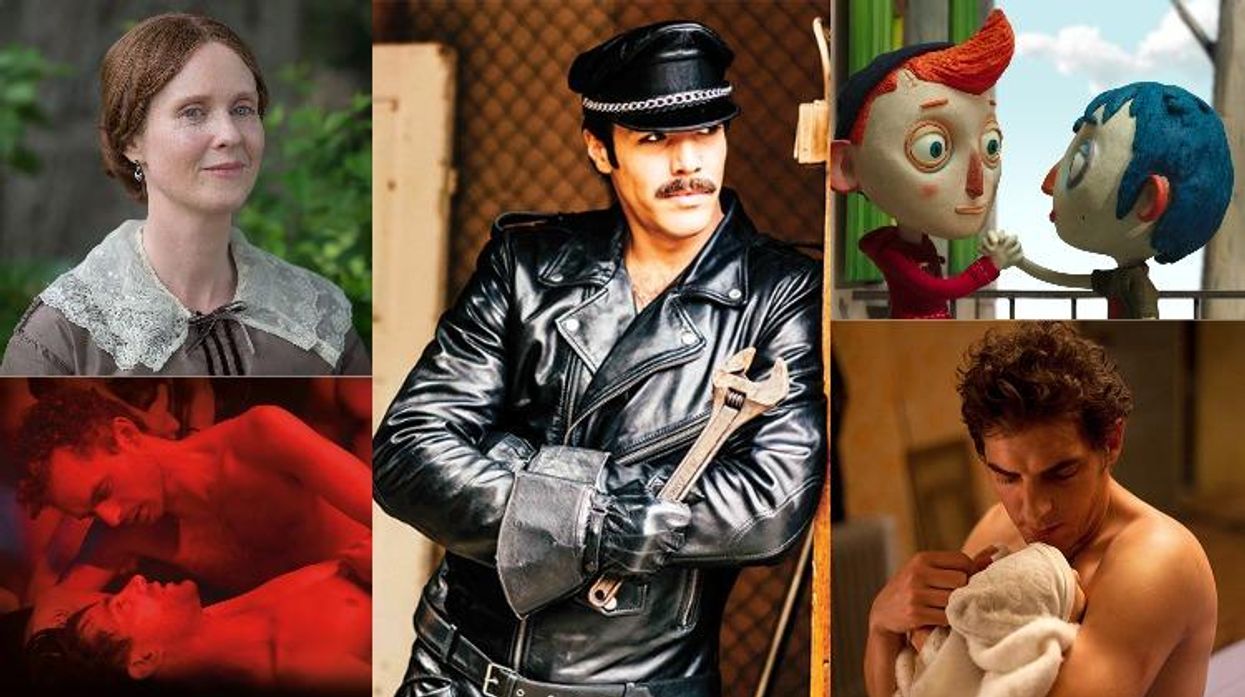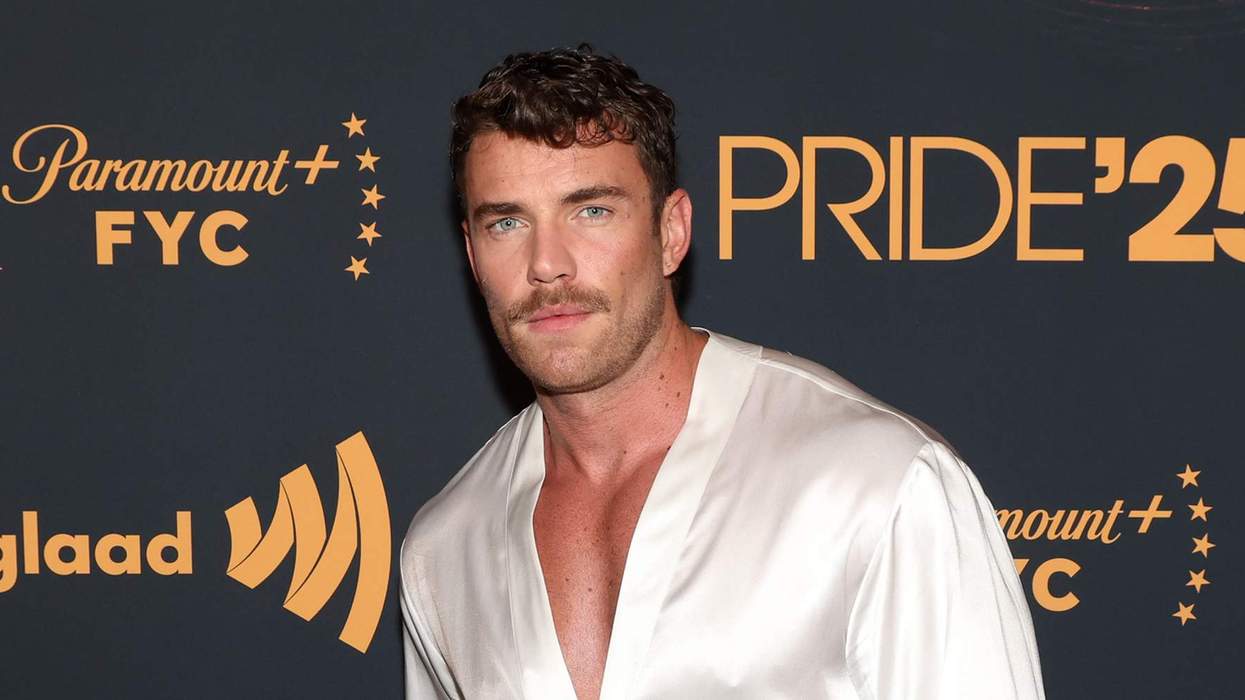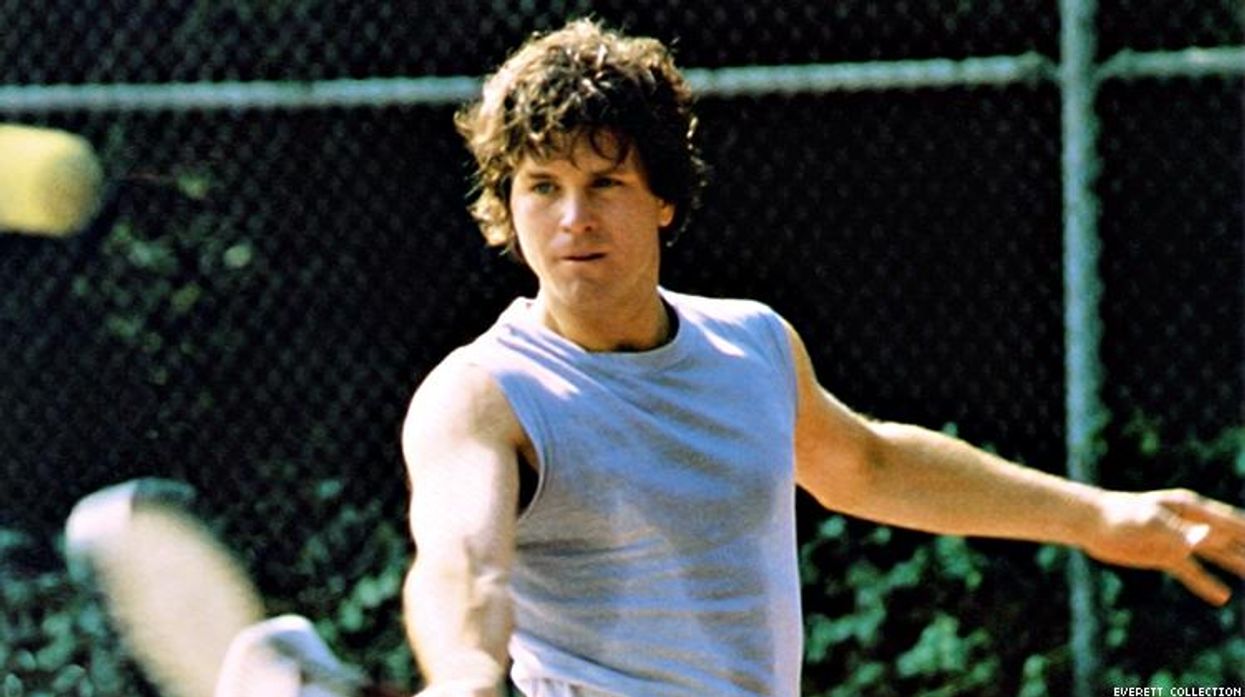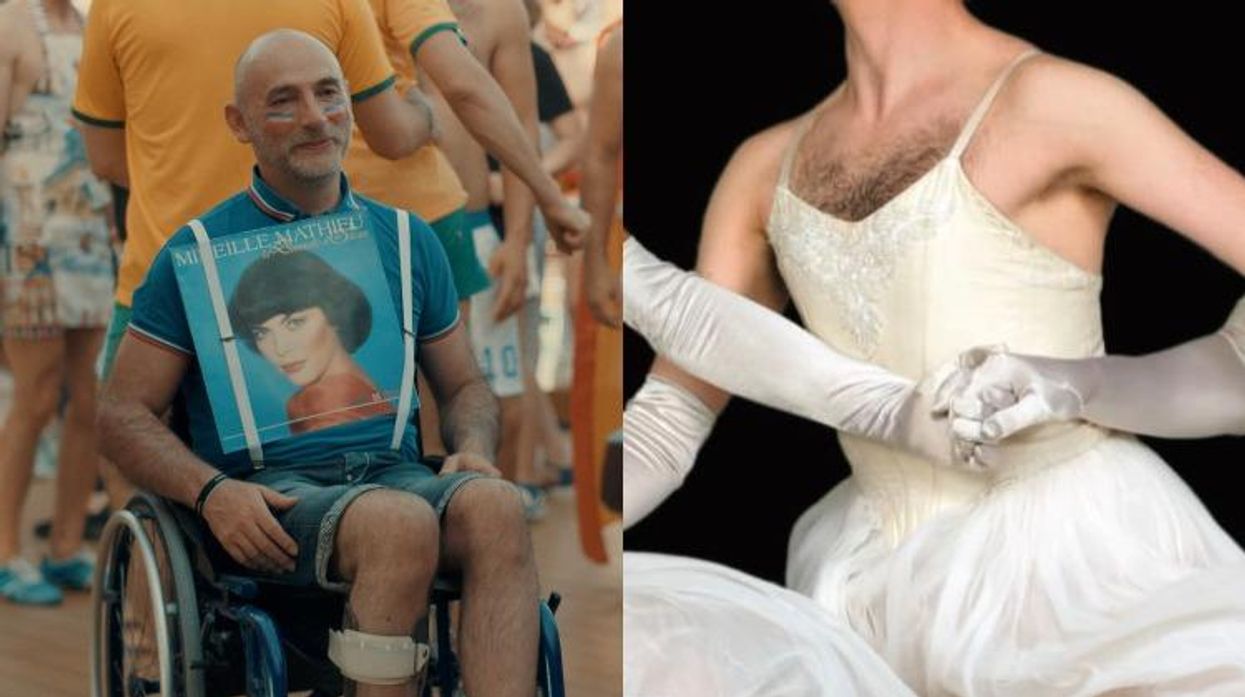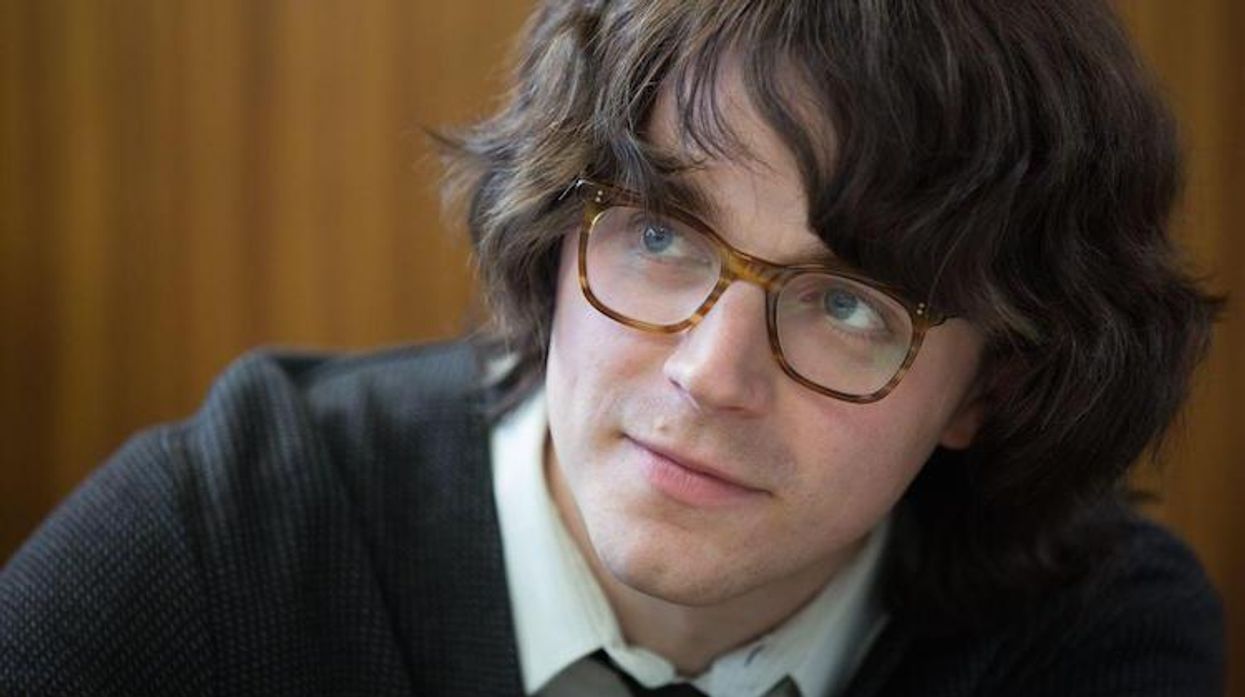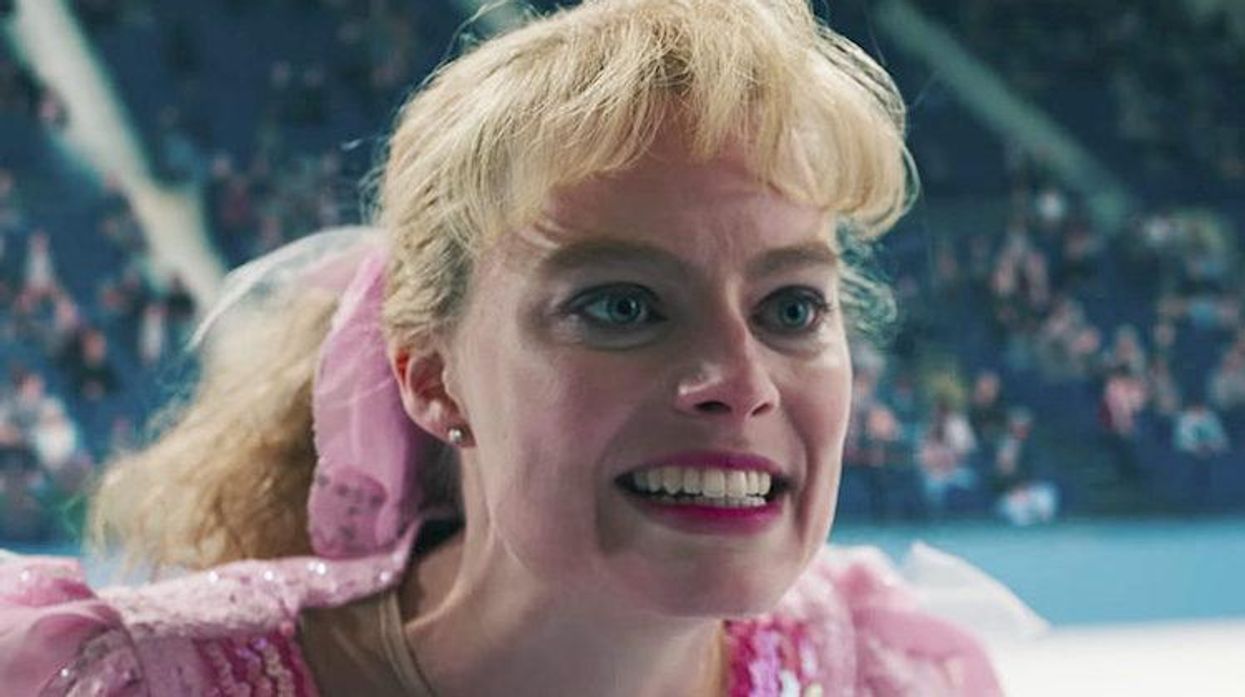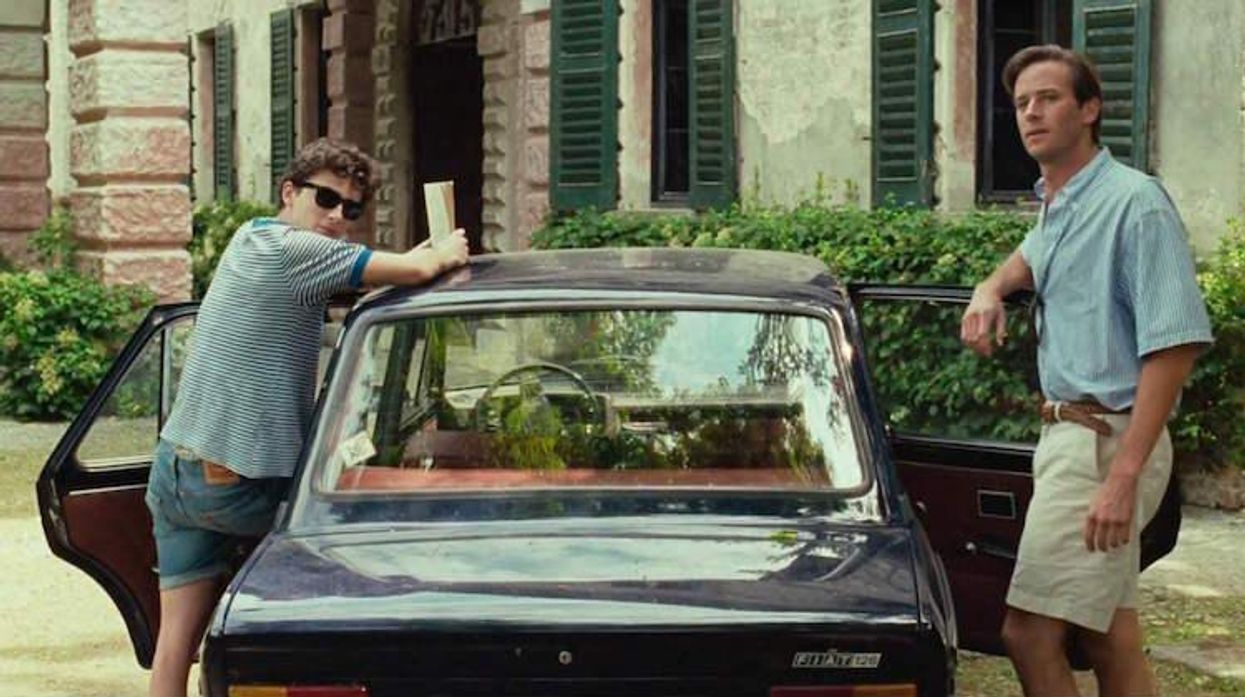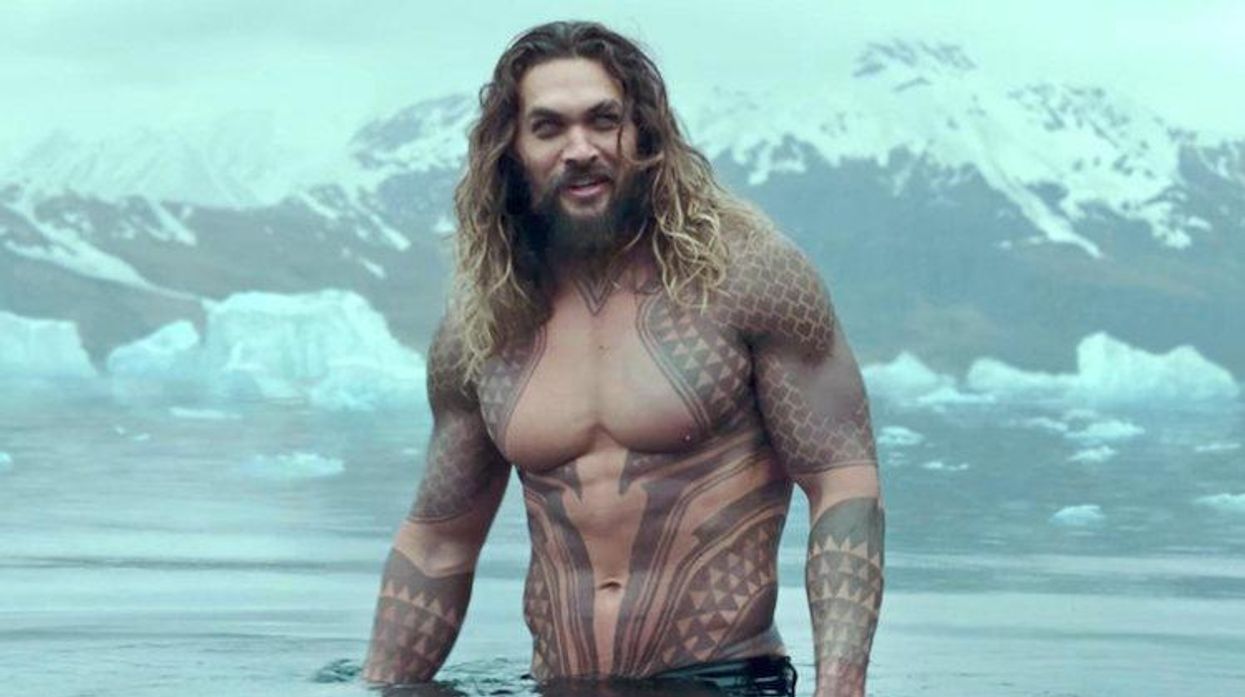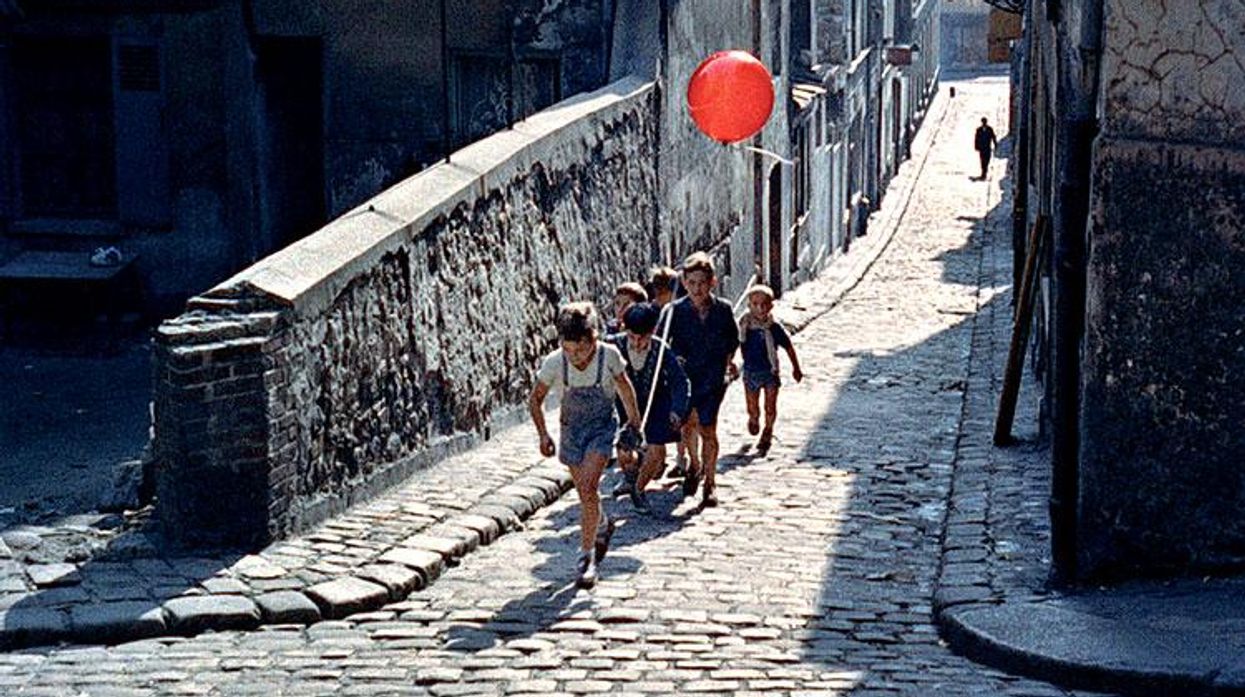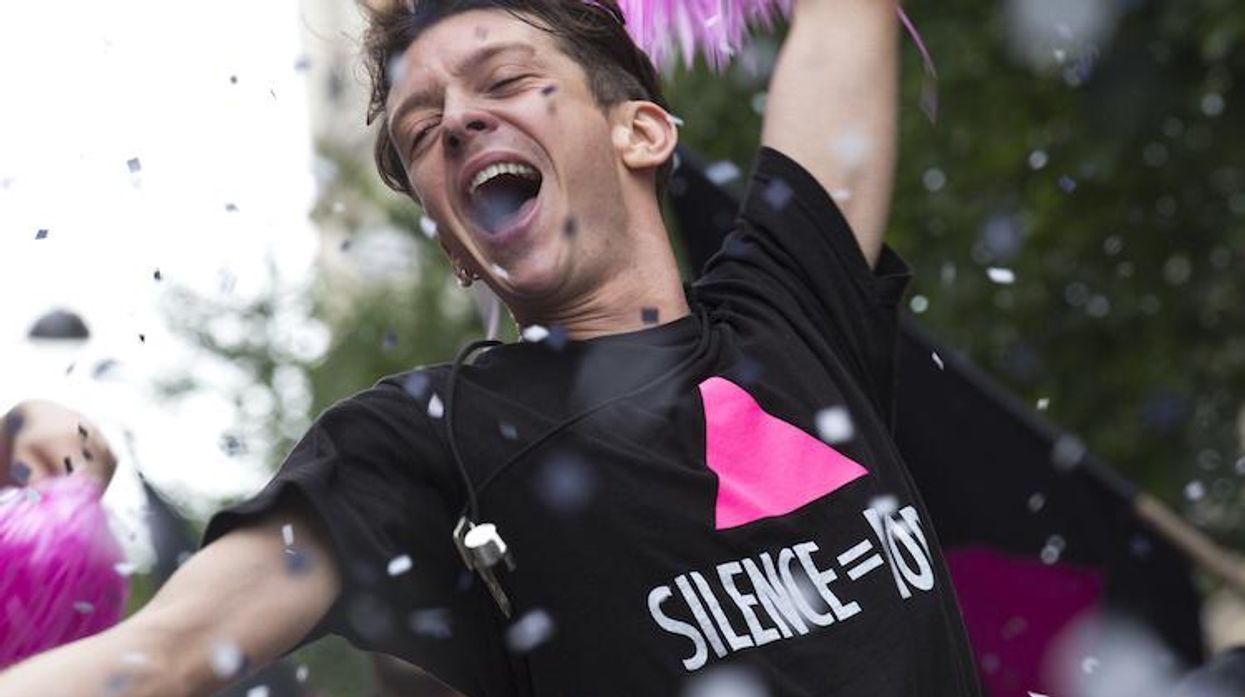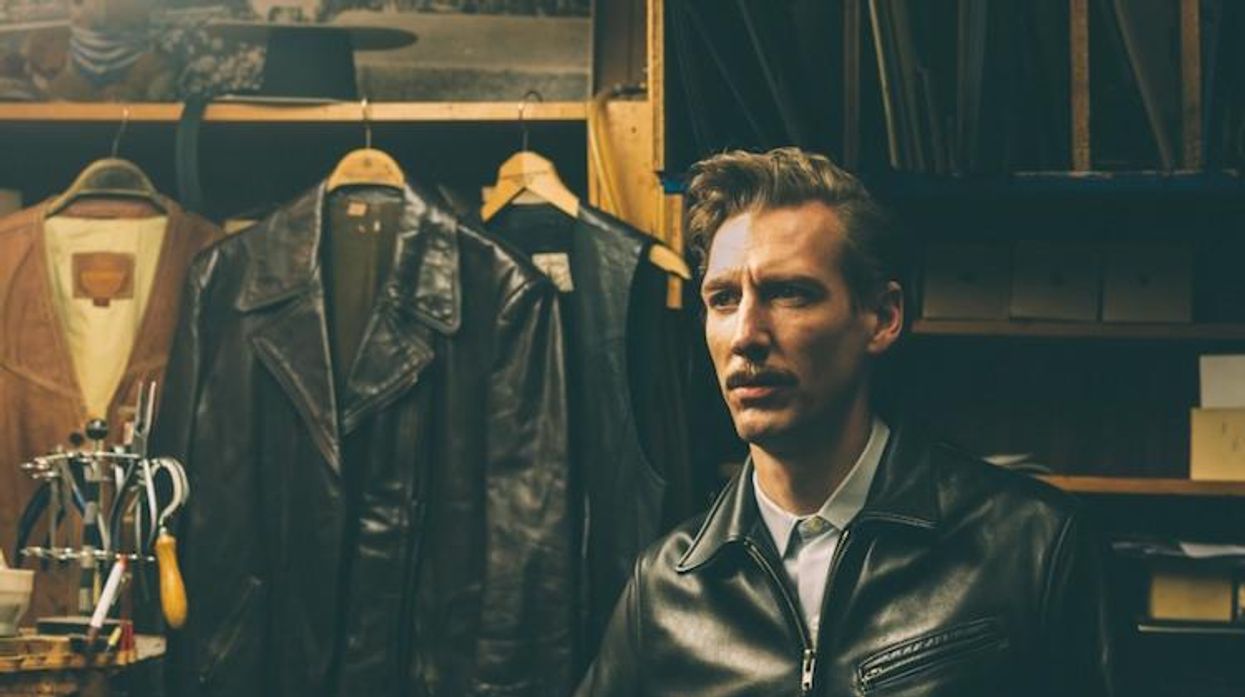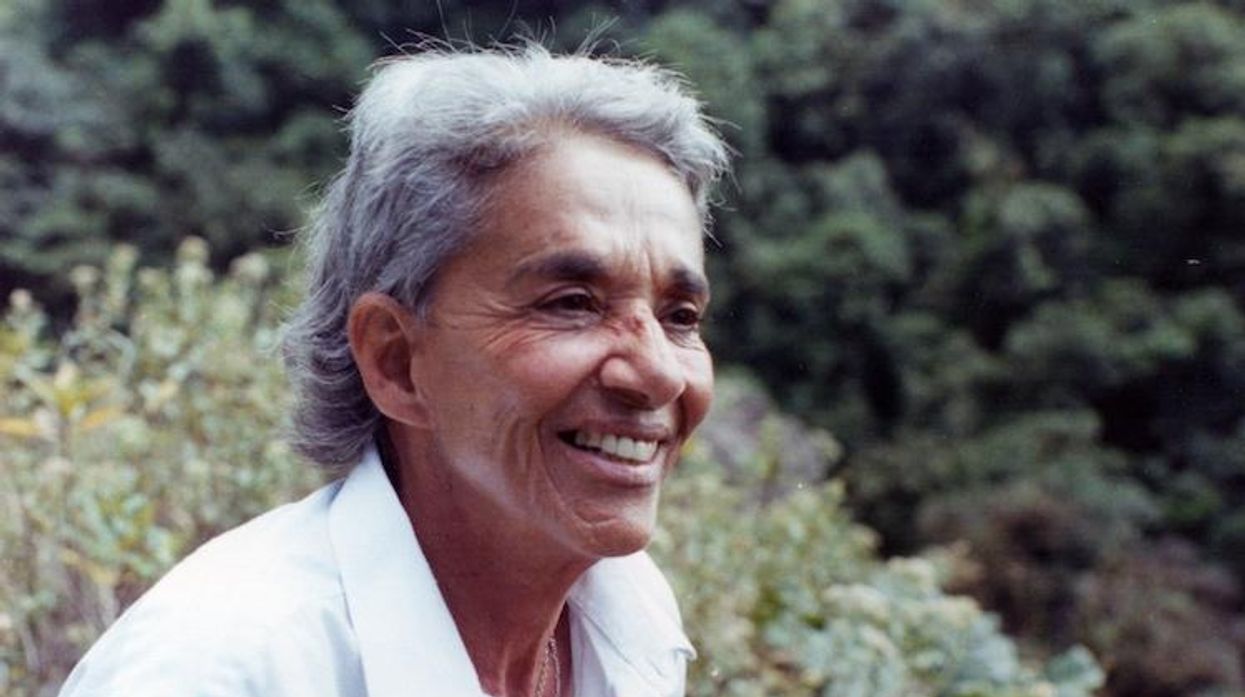Could 100 experts be wrong? The British Film Institute's recent poll The 30 Best LGBT Films of All Time features many unfortunate omissions. We all have favorite films from many genres and our choices reflect personal taste. But these polls also pretend to survey film history--not just popularizing films that are new or politically correct.
So it's a shock that the BFI poll (celebrating the anniversary of BFI Flare: London LGBT Film Festival) neglected what may be the most beautiful gay film ever, Eytan Fox's 2013 Yossi. BFI poll-toppers Carol, Weekend, Tropical Malady, Brokeback Mountain all represent the LGBT cultural elite's preference for Western bourgeois style (including ethnic and art-film exoticism). There's a place for these films, of course, but it's surprising that the experts' consensus reinforces the status quo, honoring films that perpetuate stereotypical notions of social power and "normality"--even among LGBTs.
The beauty of Yossi comes from its challenge to the complacency of LGBT filmmakers, critics and programmers--gatekeepers--by showing how age, politics and social exchange are the most important values of gay film and humanity. For that important reason, Yossi is worth reintroducing.
In Yossi, Israeli filmmaker Eytan Fox revisits the protagonist from his 2004 military love story Yossi & Jagger. A slight narrative shift shows the former army medic (played by Ohad Knoller) in his mid-30s, now an overweight cardiologist still mourning his lover's death more than 10 years ago, sinking into loneliness: He's introduced alseep.
Ohad Knoller and Oz Zehavi in Yossi
Fox's project is almost a fairytale; a kiss brings Yossi back to life. Fox's new story deals realistically with the emotions of Yossi's second coming out. Desire is submerged in Yossi's flaccid body and sadness. He limits his own options in two remarkable temptation scenes: a night of bisexual possibility with a beefy partying colleague (Lior Ashkenazi) and a hook-up with a high-living gym rat and dance promoter (Gil Desiano) met on the Internet. These emotional low points are early high points in the film's casually modern view of the situations-erotic free choice-that are part of the acceptance of gay life.
As a humanist romantic, Fox, who bridged Israeli-Palestinian gay brotherhood in The Bubble (2008), understands Yossi's potential decadence and pulls him out of his tailspin. After a quietly devastating visit to his lover's past, Yossi takes off. On the road to Sinai, he meets a group of young Israeli soldiers who draw him back to the camaraderie of military life (rapport memorably expressed by Brando's lonely officer in Reflections in a Golden Eye in a longingly alliterative mumbling about "men among men"). Fox exults in that rapport. His embrace of Yossi's humanity conveys a post-Stonewall and post-AIDS artist's guiltlessness-a quality displayed by few American gay filmmakers.
The Bubble proved Fox isn't caught up in issues, statements or grandstanding. (That's why his overtly political Walk on Water failed.) Yossi's gentle romanticism disguises the fact that Fox is making a major artistic advance. Take the transition to Yossi's road trip: Dissolving from solitude to the open road, it recalls a Kiarostami image without the aesthetic remoteness. The Middle Eastern landscape suggests new emotional territory. The film's realistic sensuality (photographed with an optimistic glow by Guy Raz) makes it comparable to Julian Hernandez's Raging Sun, Raging Sky--a masterpiece still unreleased in this country, shown only at gay film festivals. Like that film, Yossi imagines the natural complexity of gay love. Fox doesn't go into the abstract ruminations of Hernandez's magnificent philosophical epic, but his confrontation with the grief process and the depth of yearning is comparably profound.
When Yossi observes the lithe, sun-kissed, hyperactive soldiers on leave--including tall, smooth-faced, bow-lipped Tom (Oz Zehavi)--he's confronted with the life passing him by and notices the gay liberation they take for granted, the burdened past that's outside their generation's awareness. These soldier boys' joking sexual ease goes beyond homophobia; it's a bit idealized to include shared enjoyment of thumping dance music which dates Yossi, who listens to Mahler and grips a paperback of Death in Venice while lounging poolside. "You can read at home!" chides the teasingly handsome Nimrod (Meir Golan). By evoking--and remaking--Death in Venice so gently and humorously, Fox modernizes Thomas Mann's ruminations on beauty, desire and the divine-in-human form. This is an essential achievement in gay and human consciousness.
Fox connects Yossi's grieving history and rebirth with gay love's healthy future--and does it without the sentimental melancholy of Andrew Haigh's Weekend. The scene of Yossi letting down his defenses with Tom uncannily recalls the lyric in "Love, Part II" by Bright Light, Bright Light: "Do what you want with me/Let everybody see/I'm in love again." With such exuberance, Yossi even surpasses gay movies as admirable as Oslo, August 31st and Ira Sachs' Keep the Lights On. In fact, this film peaks during a wonderful seductive pantomime where Yossi and Tom go through a light-switch tug-of-war. "I want to see you!" Tom insists. Somewhere Luchino Visconti is smiling.


